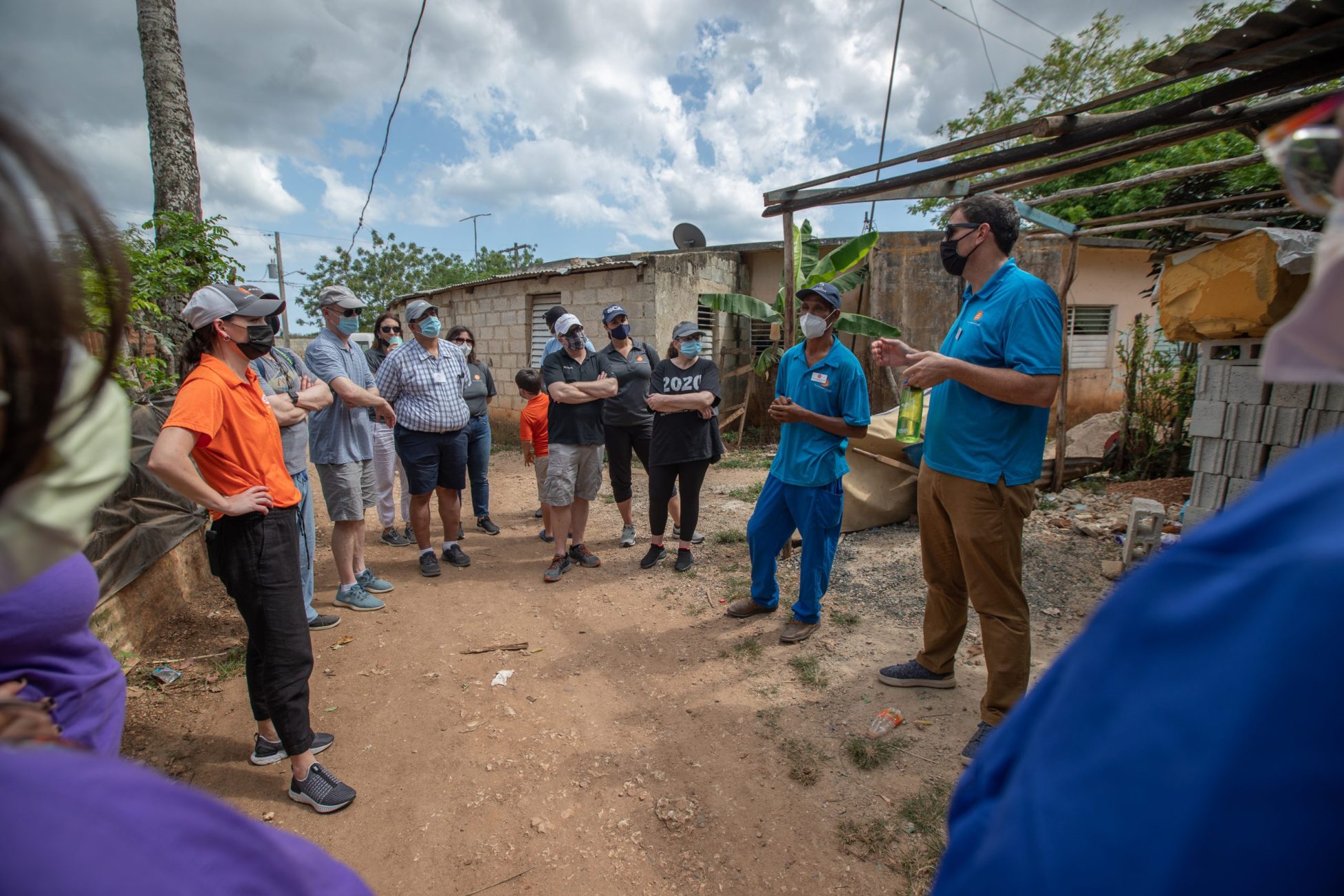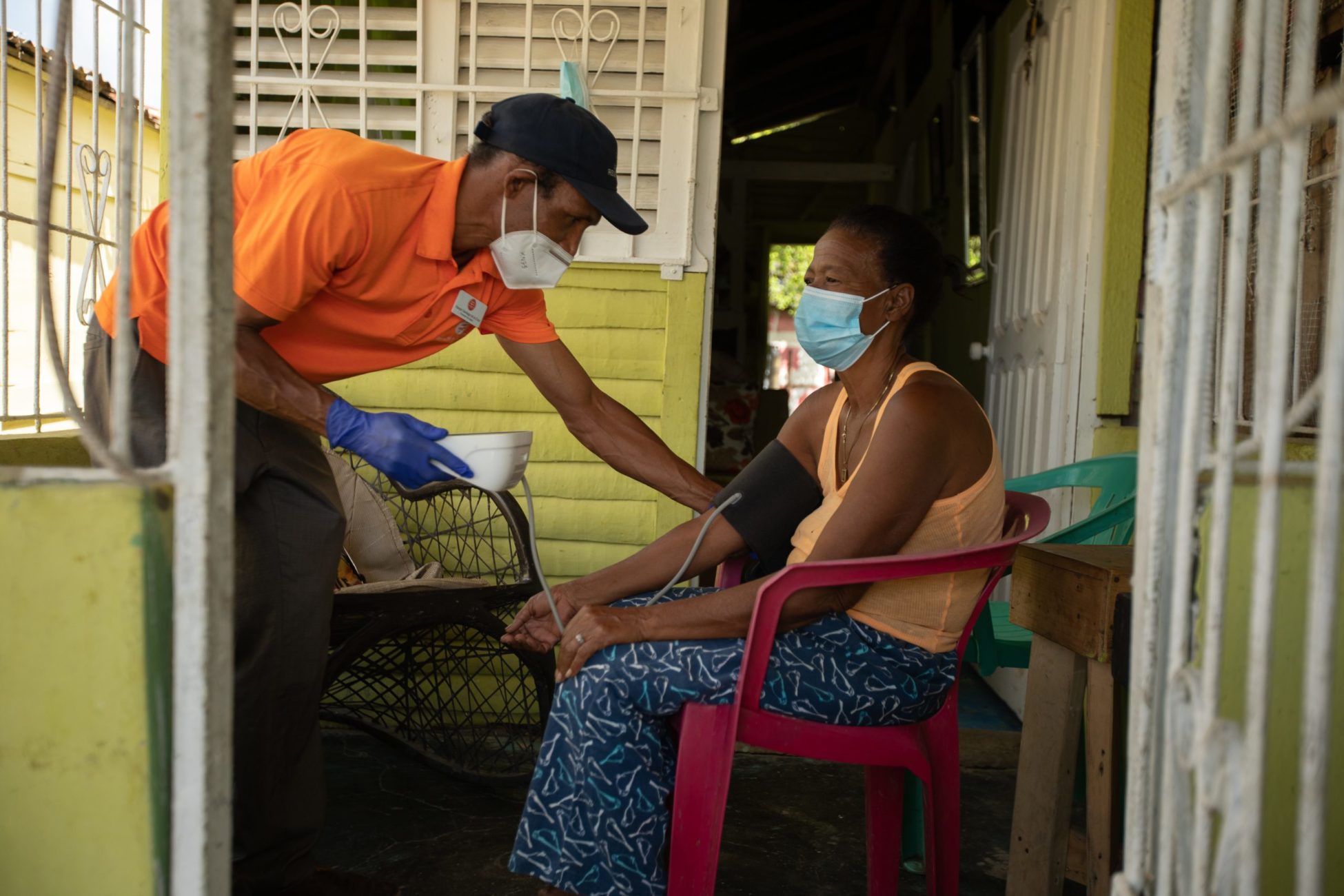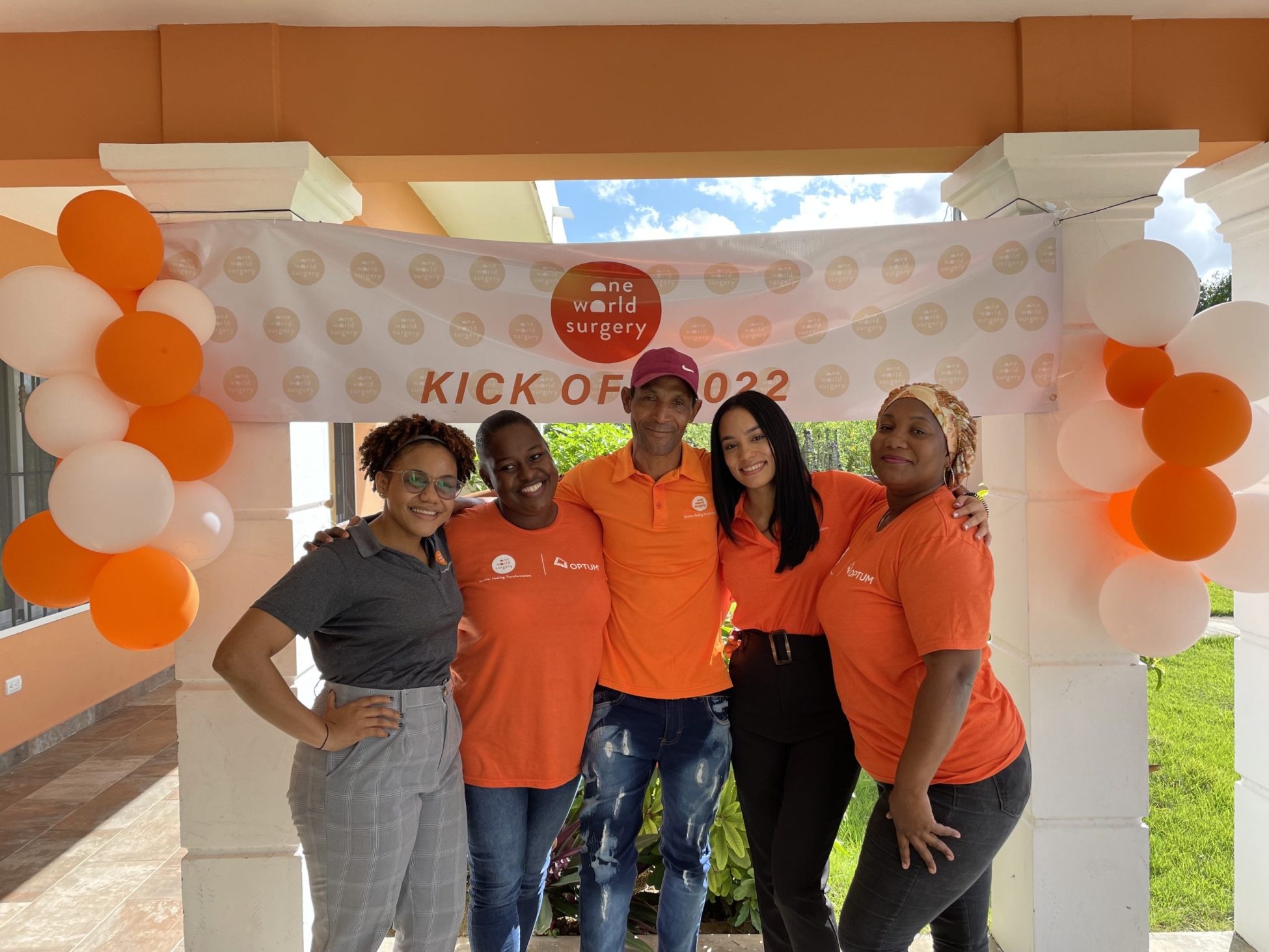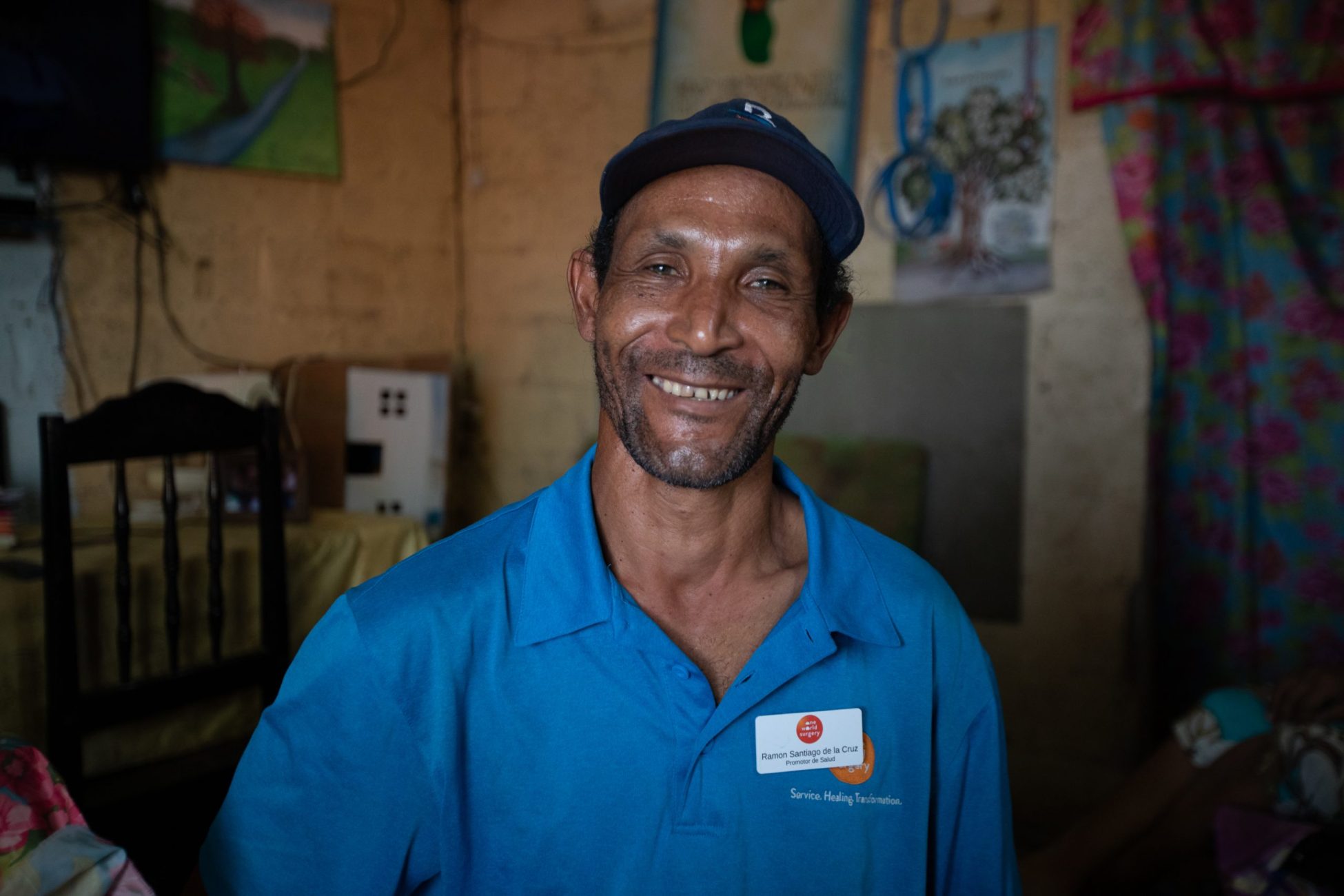Origin Story: Ramon Santiago de la Cruz
WORK
I was born on May 26, 1976, in the Batey San Felipe, which is a community bordering the sugar cane fields originally owned by the Vicini family. After the first thirteen months of my life, my mother Florinda Alverez left us and moved to Santo Domingo. My half-sisters Rafaela Reyes and Jose Delores de la Cruz lived with their mothers in a different Batey. My father Faustino de la Cruz worked in the sugar cane fields and raised me on his own with the help of neighbors. I attended a school in the Batey starting at the age of five and continued until age twelve when I started to work in the sugar cane fields from 7am until 12pm. I came home for a lunch prepared by my father and then attended school from 1 until 5pm.
FRIENDLY
I was already a man in the working world and learned to be a man through tragedy. When I was around twelve years old, a woman came to the door and said she was my mother. I had no memory of her from my infancy and the surprise made me nervous and angry all at the same time. I had no idea who this woman was who wanted to hug me, stroke my hair, and kiss my face. Terrified by the experience, I ran to my friend’s house to escape. When my father came home from work, he brought me back home and explained that my mother Florinda wanted to have a relationship with me. In fact, she wanted to take me with her to the capitol to live so I would not have to work in the sugar cane fields.
RESPECT
Florinda left to make preparations for my move and four days later died from drinking a soda with something toxic mixed in. Her body was sent to Atilano Batey where her father lived. The sugar cane field foreman in Atilano contacted the San Filipe foreman by radio and he summoned us at 3am to tell us my mother had died. We traveled by horseback to my grandfather’s home where Florinda’s body was being dressed and placed in a casket by her sisters. I was too scared to look at her. She is buried in a nearby above-ground cemetery where I visit her on Mother’s Day.

ENTHUSIASM
Like most kids in the Batey, I spent all my free time playing baseball. The US and Canadian professional teams have many training camps in in the Dominican Republic and every kid hopes to leave the Batey as a baseball player instead of staying to harvest sugar cane. I was no different. I trained at the Montreal Expos camp. As a boy, I idolized Sammy Sosa, a native Dominican who proudly displayed the Dominican Republic crest tattooed on his arm. The tattoo was placed just above his left elbow so when he swung the bat everyone in the stadium knew where he came from. Like many others, I got the same emblem inked on my left arm. Over time, like my baseball career, the tattoo faded and is rarely noticed under the sleeve of my work shirt.
WISDOM
Luckily, I was a quick study in the cane fields and rose from the ranks of a field worker to driving tractors that pull the wagons full of harvested cane to the scales for weighing. Workers are paid by the ton for the harvested cane. Controlling the scales is an important job. I moved from controlling the scales to being a messenger and assistant for the field administrator. As a messenger, I took the day’s collection sheets by horse to the central office in Angelina near the town of Consuela and delivered them to the administrator of engineering.
FAITH
Four years passed after my mother’s death when I was in a terrible accident that almost caused my own death. I was working alongside a train of sugar cane wagons when I got caught in the front of one of the wagons and was dragged 50 meters before I was rescued. By that time, my lower right leg and foot were mangled. I was rushed to Salvador B. Gautier Hospital in Santo Domingo where my leg was amputated on April 4, 1993.
Due to my high position as a worker in the sugar cane fields, the company administrator came to visit me in the hospital and the company paid my salary for the next year and a half while I recovered. I did not go to school or work during that time but began painting. When I returned to work and school, I became the assistant to the boss who paid for me to attend a private Catholic school. I completed nearly all of my credits for graduation.

HEALTH
The accident changed my life forever. I continued to work for the sugar cane industry another nine years before leaving in 2005. At the age of twenty-six, I moved to Batey Nuevo to sell my paintings. I am particularly fond of painters Pablo Picasso, Edgar Degas, and Leonardo da Vinci who helped me think creatively while passing the time as I recovered from my injuries. I also found work with Nuestros Pequeños Hermanos (NPH) Canada in Batey Monte Christi.
While working for NPH, I first worked in grounds maintenance repairing and painting buildings, then as a water purifier, and on the farm working with agriculture and animals. Finally, I became a liaison public health worker who identifies people in the Batey to come to clinic and helps facilitate their follow-up care. Every time I give NPH volunteers tours of the sugar cane fields and explain the process of extracting the sugar, I am reminded of both the dangers of working in the fields and how far I have come since that time of my life. NPH became my home away from home on the beautiful grounds where every lamp post not only brings light into the world for the children who live there, but each post has a word to live by painted on its side: work, friendly, respect, enthusiasm, wisdom, faith, health, union, empathy, harmony, success, light, goodness.
UNION
In 2009 I participated in an event sponsored by the San Pedro Foundation for Disabilities and met a beautiful woman named Juana Bera who had polio since she was age one. We both had rough beginnings, but in 2009, made a new beginning together. My father Faustino died in 2010. On October 26, 2012, just three days after Juana’s birthday, our son Jesus was born. We have many hopes for our son starting with that he learns to be a respectful human being, that he finds a profession, maybe even baseball, or a police officer or a lawyer and, most importantly, that he be a responsible person. We hope to buy some land near our current home and build a house, so Jesus won’t be caught up in the bad influences in the Batey. Juana makes soaps she hopes to one day sell in San Pedro.
EMPATHY
My vocation has moved from working with my hands to talking with my hands. When I meet a person in the Batey who needs care, I shake their hand or squeeze their arm to show I care. Then I use my eyes to see what they might need, use my ears to listen to what they have to say, and my and language skills in Spanish, Creole, and English to be a liaison for them with public health providers. I am the mayor of my Batey and try to get to know every person in the area. They trust me to help them find adequate medical care and other resources to improve their lives.
I’ve been known to play the lottery in hopes of winning five million pesos so I can live better and help others live better by donating 100,000 pesos to NPH. Over the last 10 years, I’ve won about 57 pesos, which is a good reminder that life is mostly about hard work and resilience, starting with showing up—luck doesn’t have much to do with it.

HARMONY
After many years of working with NPH, I began a new chapter in my life. Not long ago, I was introduced to Dr. Peter Daly at One World Surgery (OWS), a surgery center that partners with local doctors and medical professionals to provide surgery for those who cannot afford to go to the local hospital. My team collected health surveys to see if the surgery center would be a good fit for our community. I connected One World Surgery to the local hospital, contractors, and government officials, and became the first full-time employee in the OWS Dominican location.
Nearly complete, the OWS center is a beautiful complex with a clinic, surgery bays, and volunteer housing, all of which is built next to and in partnership with NPH. I will be forever grateful for this opportunity. And that is the message I try to give to my friends in the Batey—we must look for opportunity and work hard to attain our goals. My next goal is to work in a new role at OWS when I complete my training as a radiology technician. It is my dream to be part of the team in the operating room using my skills to help others heal.
SUCCESS
I’m proud of my accomplishments. In the Dominican, most people just want to earn a living wage in work that is not dangerous or difficult. For those who cannot, OWS and I are helping the community gain access to medical care. When I was young, I was the assistant to the boss of the sugar cane fields, now I am an assistant to OWS. Not many people can say they love what they do. In that way, I would say I won the lottery.
STORIES
